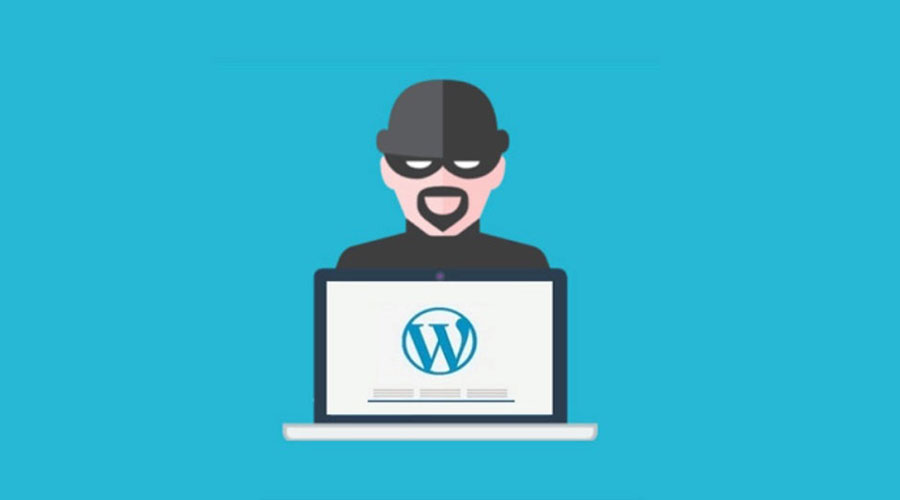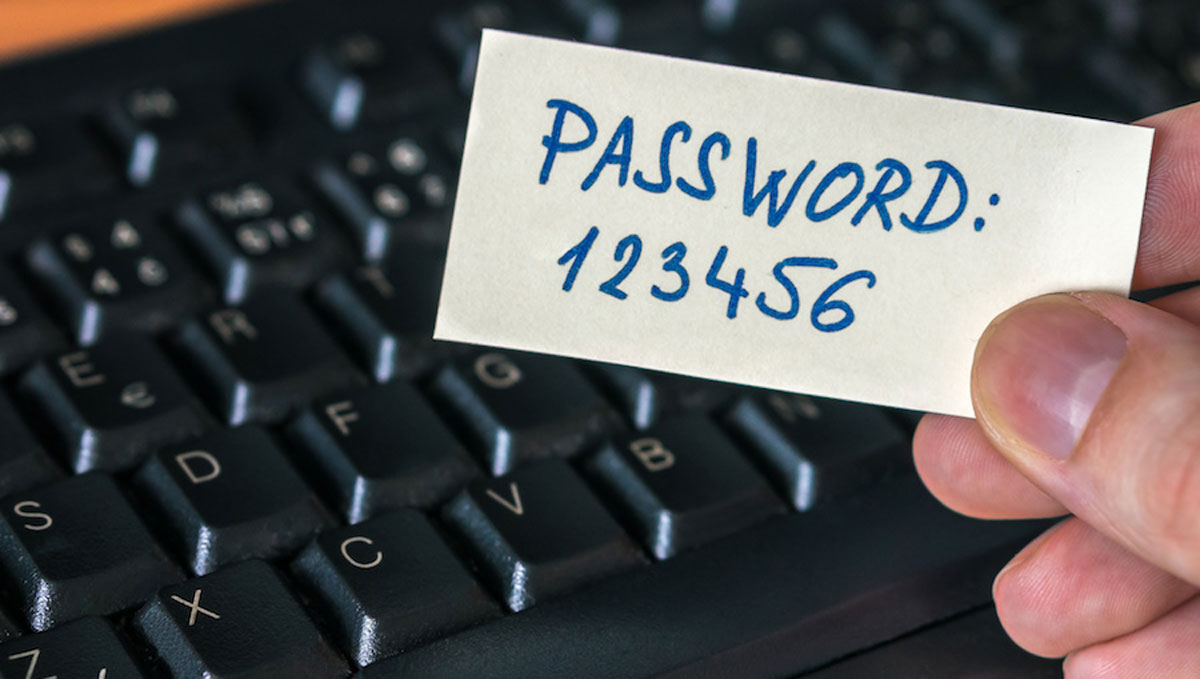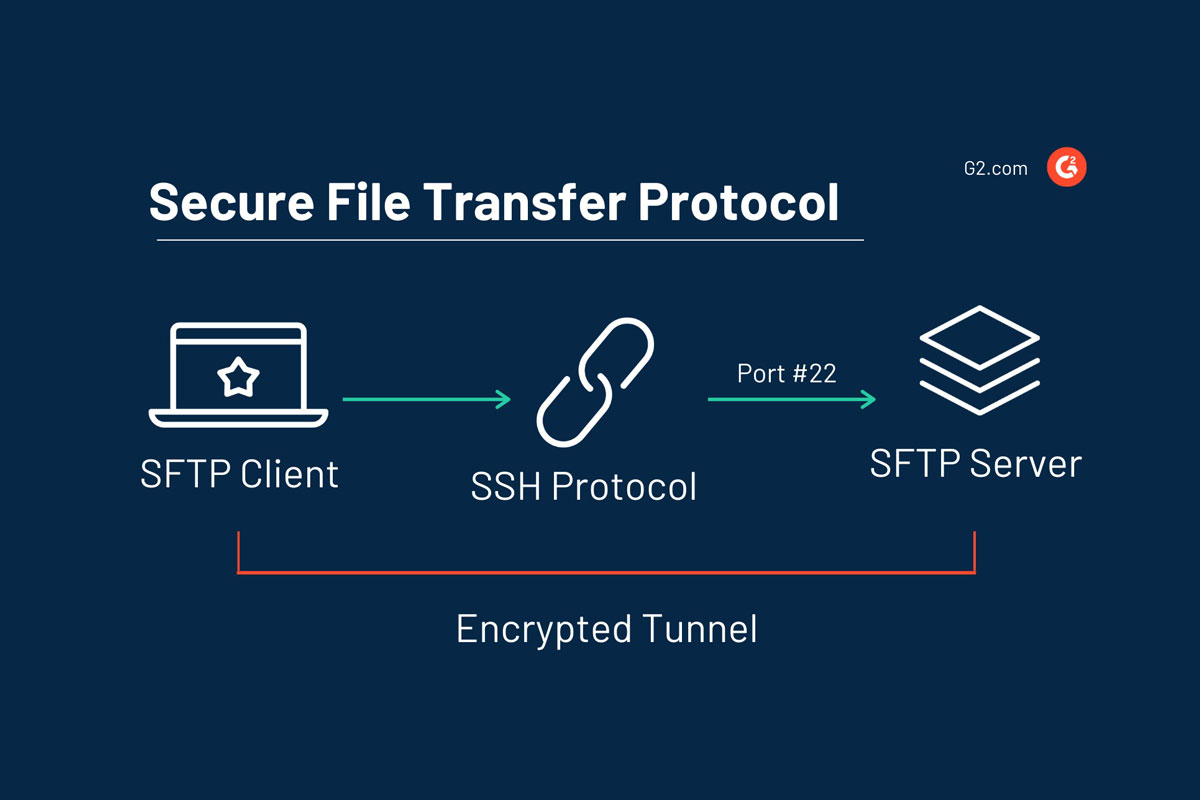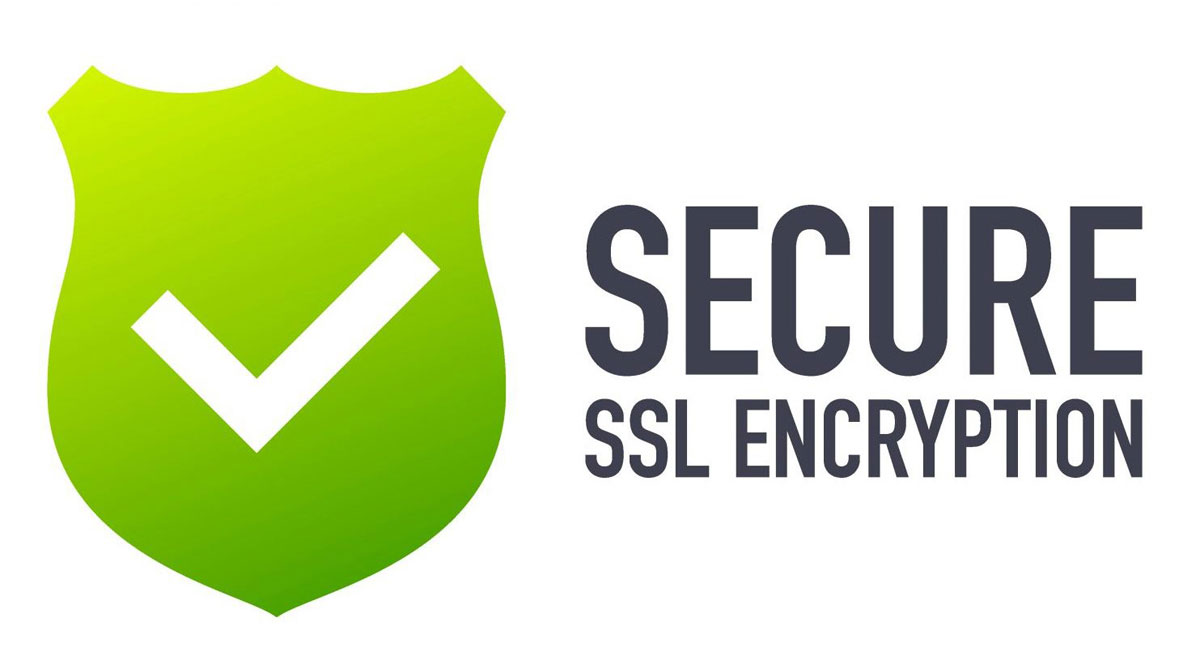Top 13 Reasons Why WordPress Websites Get Hacked
Originally published: May 10, 2022 01:09:56 PM, updated: March 07, 2024 02:00:36 PM

I am sure you do not want your important data to get leaked, as cybercriminals are all active in getting a hold of your website and your confidential data. However, many business owners are never behind the eyes of a hacker.
This article will talk about the WordPress website and its hacking. The growing era of WordPress sites has made them a soft target for hackers.
Why do hackers target a WordPress website?
Cybercrime is not limited to WordPress websites only. Every other platform is equally prone to attack, as is WordPress. The only difference is WordPress powers about 31% of the websites around the globe. This vast data makes it easy for hackers to find sites with low security and get into them.
The denial of the use of WordPress security plugins is the prime reason that the websites get attacked. To save a little money, you fell into the hands of hackers, paying them hefty ransom fees. But other than the security plugins, much more attract hackers to peep into the websites. Let us together explore those reasons.
1. Insecure web hosting
There is undoubtedly a correlation between the amount you pay and the service you get. Choosing a cheap host for your website will result in a lack of security. An attack on one of the WordPress websites can make all others prone to attack. It is better to pay a bit more for secured web hosting rather than paying a scoop of dollars to overcome the security breach.
2. Using weak passwords

Passwords are the key to your WordPress website. An easy-to-crack password makes it simple for a hacker to crack into the website. So, always use strong passwords that mix alphabets, numbers, and special characters.
You should make it a habit to change your password after every three months. In case you forget to do so, set the system such that it shows a pop-up window reminding you to change the password timely.
3. Unprotected access to WordPress admin
The admin section is the most crucial part of the website, and keeping it protected from malicious attacks is necessary. Getting access to the admin area will surely make you lose all your data. You can look for two-factor authentication steps to enter the admin area- One for logging in and the other to get access rights.
The first authentication can be through a password or pattern, while the second can be through a biometric scan or via OTP authentication through another device.
4. Incorrect file permissions
The web server needs permission to access the files and folders stored on your website. You need to be very careful while providing access to your database. Wrong access to any of these can make you lose your data. Use 644 values for files and 755 for folders on a WordPress website as their file permissions.
5. Not updating WordPress
Updates to WordPress are generated to fix bugs and other security flaws. Although WordPress is free many website owners intentionally delay updating the WordPress. They think that an update might crash their site, but the fact is leaving the website un-updated only increases the chances of a security breach. When cones to know about a flaw, Hackers quickly come up with ideas to break into the website and get hold of your data. To ensure that you don't lose your data, always take a backup before performing an update to go back to the previous version in case of a crash. It's better to take the backup on the cloud to diminish the chances of losing it.
6. Not updating plugins or theme
Like the point above, outdated plugins and themes are another prime reason why sites get compromised. Developers pay the slightest attention to flaws in plugins and themes; instead, they come up with an updated version. This enhances the need to download the latest plugins and themes, making the site less prone to attack. Remember that an older plugin or theme version will have bugs and security flaws. So, don't avoid update notifications as they arise.
7. Using plain FTP instead of SFTP/SSH

FTP client uses File Transfer Protocol (FTP) to upload files to the web server. Using a plain FTP protocol transfers your file and passwords unencrypted. This means that anyone trying to intrude into the site can read it. To encrypt the passwords and files, always use a Secured File Transfer Protocol (SFTP) or SSH for transmission.
All your data, along with your passwords and other login credentials, are transferred securely through SFTP. They move from browser to server in the form of a mix of alphabets and numbers, making it nearly impossible for a hacker to decipher.
8. Nulled themes and plugins
Many websites unofficially distribute paid WordPress themes and plugins free of cost. These attractive offers from such websites increase security vulnerability to the sites. You might fall prey to malware or viruses while downloading from such sites. You should always download plugins and themes from the WordPress repository. They might be chargeable but would surely enhance the website's security as they are clean from viruses.
9. Easy to guess admin usernames
The easiest to crack or the most basic username that many administrators use is "admin." This makes the job four-fold easier for cybercriminals to get into the website. Always try to use a complicated username to reduce breaches of the database.
Even using your company name or your name can be a guessable option. Go for something unique and complex.
10. Not installing an SSL certificate

Secure Socket Layer (SSL) certificates are a must these days. They encrypt the data that is transferred between the web server and the browser. They further enhance user trust and improve the SEO ranking of the website. The transferred data in the encrypted form are hard to decipher. The green padlock on the address bar, along with the HTTP turning into HTTPS, is enough to ensure that you are a trusted platform to invest in.
If you are unsure about the SSL certificate and are running an e-commerce business, then using a low-cost or cheap wildcard SSL certificate can keep you protected. You can also opt for wildcard SSL certificates which are comparatively cheap compared to single-domain SSL for individual domains or subdomains.
11. Not using a firewall
The last layer of security to your website comes in the name of a Firewall. The firewall tracks query coming from different IP addresses and blocks any suspicious queries. It prevents the website from compromising by fraud.
12. Two-factor authentication still isn't set up on your website
Two-factor authentication shorthand as 2FA is a new trend to protect the site from breaches. In this, entering your password alone will not give access to your website. You need to enter a security pin further, have your biometric scan or unlock using another device. An attacker might know your password, but knowing second verification becomes immensely difficult. This second layer of security keeps you safe and notifies you if an intruder tries to break into the website.
13. Brute force and dictionary attacks aren't being blocked
The use of firewalls has an inbuilt feature to prevent brute force attacks. Brute force attack uses automated software to test passwords and pins to break into your website. Similarly, the dictionary attack is another kind of brute force attack in which systematically the most commonly used passwords and pins by businesses are entered. You can further limit the number of login attempts to increase security from intruders. As soon as the desired number of login attempts are met, lock the web page for a desired amount of time and get a notification on your mobile device to know about the breach.
Recommended video: WordPress Security Tips for 2021 [ THE RIGHT WAY ]
To sum up…
It is perceptible from the preceding discussion that a minute step in the direction of security of the website can save you from both financial and brand loss. A financial loss might be covered in a short span, but a bad name to your brand might cause you years to get back on track. So, to make things easy, hire a professional who could investigate the security of your website on a timely basis. These professionals are either cybersecurity companies or white hat hackers that help you from cyber attacks.
Join over 130,000 SEO and Google Ads experts. We provide a community to help you engage and learn from industry experts and influencers. Join Now
What if your entire business could run itself — and your work hours got shorter?